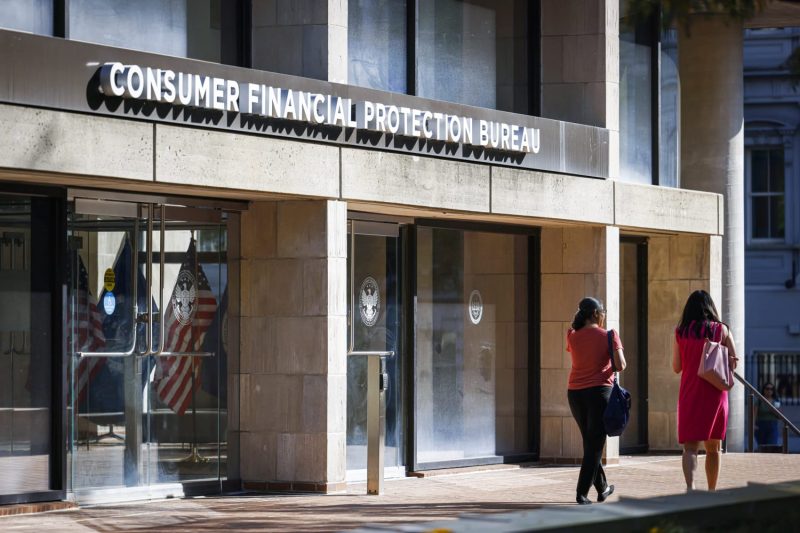In recent news, the Consumer Financial Protection Bureau’s (CFPB) proposed rule stands to potentially save Americans an estimated $10 billion annually in late fees. The rule, aimed at providing consumers with greater protection and financial transparency, is now facing a last-minute freeze, sparking concerns and discussions regarding its future implications.
The CFPB’s rule aims to address the issue of late fees imposed by financial institutions and credit card companies. Late fees can significantly impact the financial well-being of consumers, especially those already facing economic challenges. By setting limits and guidelines on late fees, the rule seeks to alleviate some of the financial burdens faced by many Americans.
The potential savings of $10 billion annually highlight the significant impact that this rule could have on the financial landscape of the country. For many individuals and families, these savings could mean the difference between struggling to make ends meet and having some financial breathing room for essential expenses.
However, the last-minute freeze on the rule has raised concerns among consumer advocates and experts. The delay in implementing this rule could potentially deny consumers the benefits and protections that it offers. It also raises questions about the priorities and motivations behind the decision to freeze the rule.
One of the key arguments in favor of the CFPB’s rule is that it promotes fairness and transparency in the financial industry. By limiting the exorbitant late fees that some institutions charge, the rule seeks to level the playing field for consumers who may be vulnerable to predatory practices.
Furthermore, advocates argue that the rule is crucial in ensuring that consumers are not unfairly penalized for circumstances beyond their control. Life is unpredictable, and unexpected events such as job loss or medical emergencies can impact an individual’s ability to meet financial obligations. The rule’s protections could offer a safety net for consumers facing challenging situations.
Opponents of the rule’s implementation may cite concerns about potential impacts on the financial industry and market dynamics. They argue that imposing limits on late fees could disrupt existing business practices and lead to unintended consequences. However, proponents maintain that the rule is necessary to prevent exploitative practices and promote responsible lending and financial behavior.
In conclusion, the CFPB’s proposed rule to save Americans $10 billion a year in late fees represents a significant step towards enhancing consumer protections and financial well-being. The current freeze on the rule highlights the ongoing debates and challenges surrounding financial regulations and consumer rights. As the discussion continues, it is essential to consider the potential benefits and implications of such rules on individuals and the economy as a whole.




























